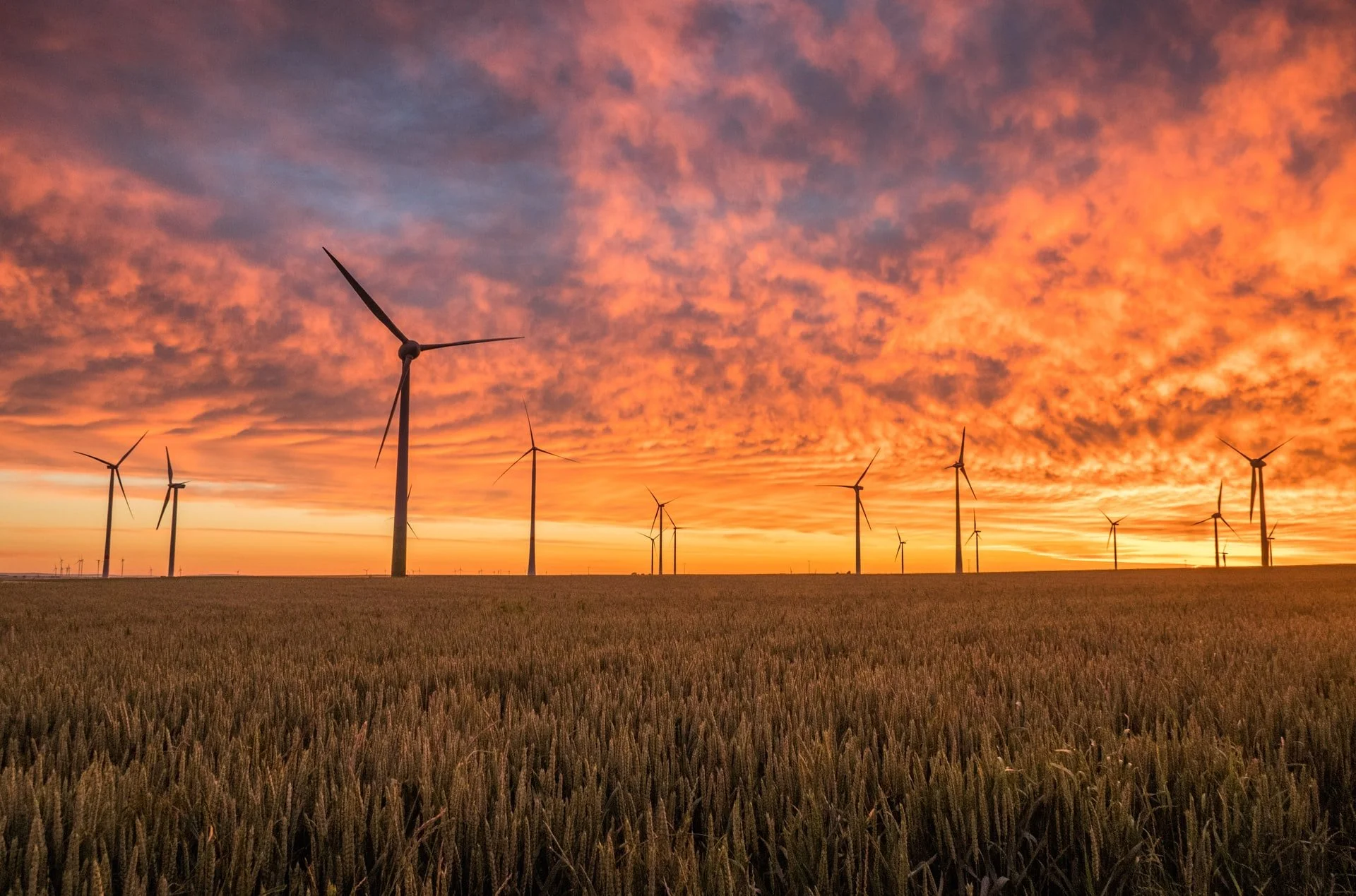The EU Commission Puts Renewables In Focus - What’s Next?
Photo by Karsten Würth on Unsplash
The expansion of renewables is not a new subject on the EU’s agenda, yet it has recently come back into heightened focus as Europe is now facing a major increase in gas and electricity prices, much more pronounced than in previous years. Consumers with below average incomes become vulnerable as a result, and what is meant to be an accessible commodity of modern life to power and acclimatise our homes is becoming increasingly unaffordable to many. As a result, a new toolbox presented to EU Member States aims to protect this vulnerable segment and also reduce this trend of increased pricing.
In this matter, renewables play a big role in how this challenge will be approached. With the requested acceleration, along with a requested simplification of procedures that can make electricity more affordable, this task can be accomplished sooner rather than later.
Recent record-breaking rises are highly to blame on high gas prices as a result of the uptake of economic activity following the Covid lockdowns, and constraints from the supply side. The cold winter ahead is also likely to lead to a surge in prices, so a few measures have been put into light by the Commission, as a guiding direction, such tax reduction of electricity, temporary support programs against energy poverty, new investments in renewables, and energy efficiency - and these are just the short-term objectives.
The Commission commits to issue guidance to the Member States in 2022 on how they can simplify and accelerate permitting processes for renewable energy projects. This will be a crucial step to expand wind energy and make more sustainable resources, with lower costs. With other barriers requested out of the way, such as the slow and complex permitting system for renewable energy systems, or a better organisation amongst the EU countries, we can easily facilitate achieving this goal and re-stabilise energy costs and prices, make resources more affordable as well as easier to use.
Long-term, of course, the focus merges with the EU’S green goals set for 2030 and 2050 in carbon reduction, which are currently a very hot topic thanks to the ongoing COP26 summit. Today, the approach to renewables has become a worldwise necessity and it’s beautifully merging with healthier mentalities around the globe, aware of this need and strongly focused on ensuring a sustainable future.
The next step is to ensure that these measures don’t end up as empty promises, and so hard work and accountability for those in charge are key. We need a vibrant, positive focus on our future, and that starts with a bright present that eradicates energy poverty for all.


